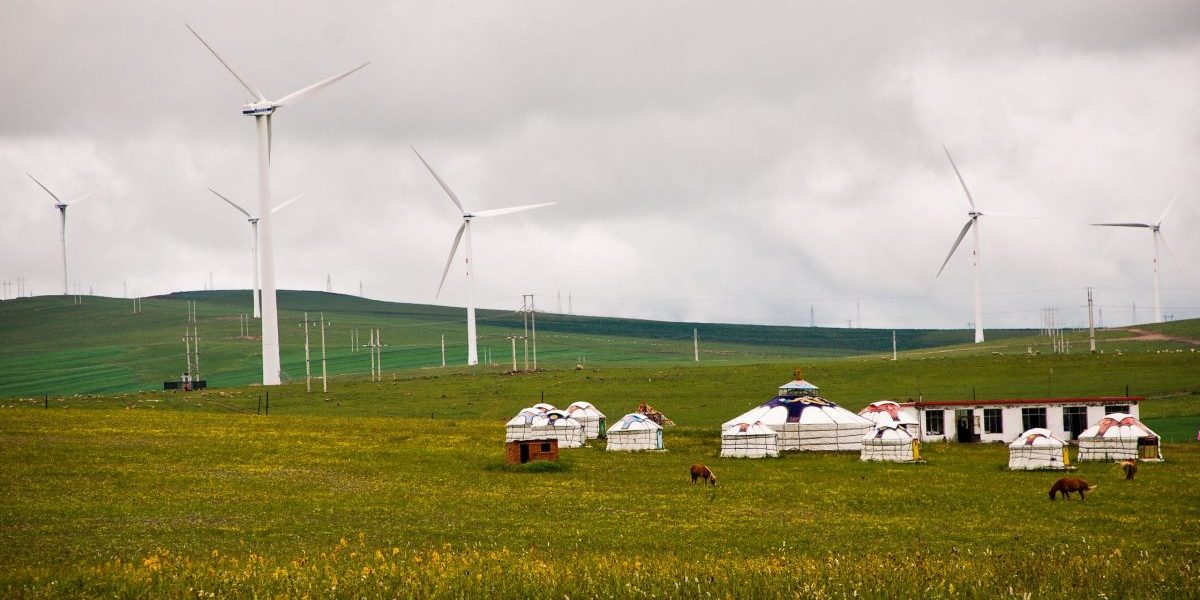It compares HydroChina’s practice to that of Vergnet, a French firm involved in the construction and financing of the Ashegoda Wind Farm. Sustainable development impact is evaluated along three dimensions: environmental and social impact, technology transfer, and employment creation. Since the exponential growth of Chinese—financed energy projects in Africa, the international media and politicians have singled out Chinese companies for their involvement in projects with poor sustainable development benefits. Many attribute the poor delivery and outcomes to donor country characteristics. Yet, little research has explored how stakeholders can influence sustainable development impact. This paper aims to fill in this gap. Through interviews with key stakeholders and detailed analysis of the negotiation and construction processes in both projects, the research presented here shows that the Chinese—financed and constructed Adama Wind Farm provided similar sustainable development benefits as the French—financed and constructed Ashegoda Wind Farm. Moreover, I find that donor country characteristics are not the main determinants of sustainable development impact. Rather, the host country has can play a crucial role in maximizing sustainable development benefits through targeted policy action.








